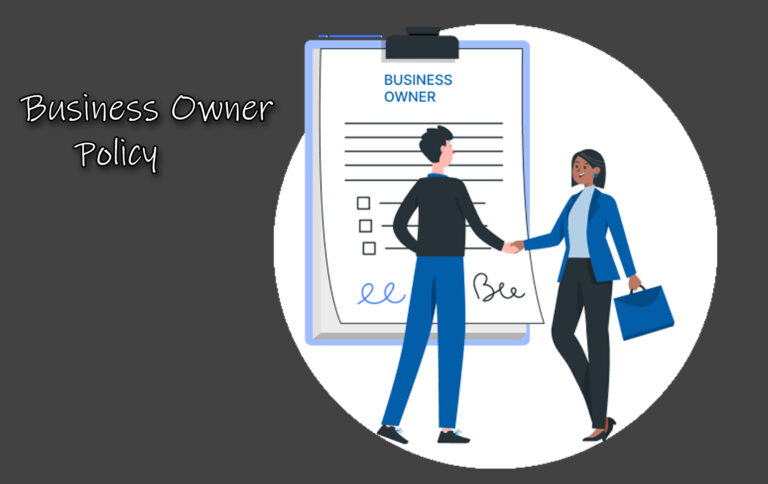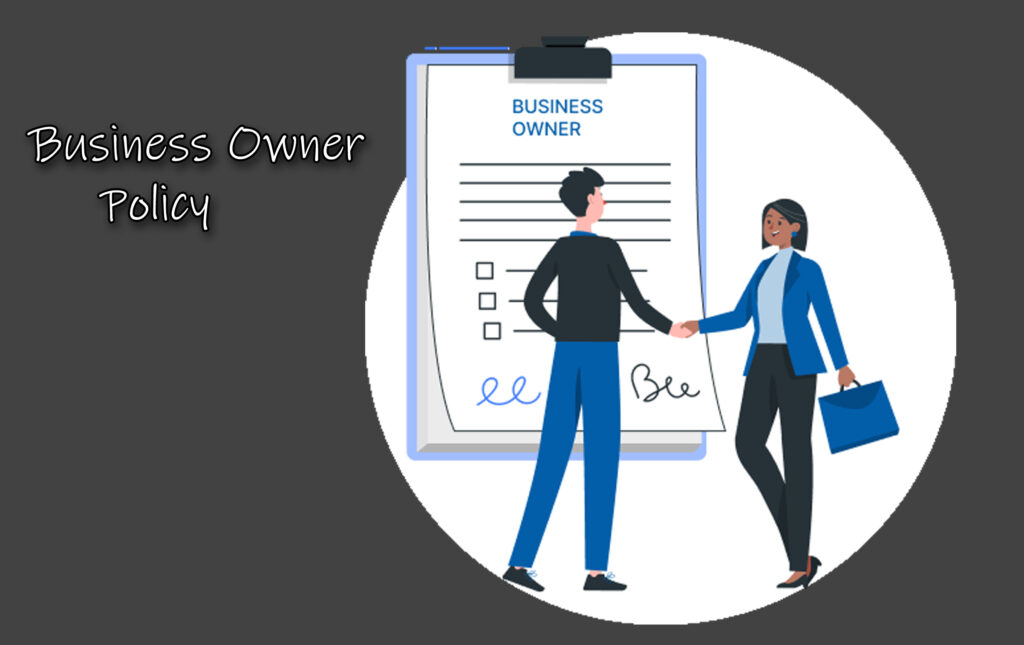
What is a Business Owner Policy? Running a business comes with many responsibilities and many risks. From dealing with property damage to customer lawsuits, even a single unexpected event can financially cripple an unprotected company.

In order to help small to mid-sized business owners manage multiple risks in one convenient package, the Business Owner Policy was created. It bundles several essential coverage into one policy, providing clients with protection, convenience, and often, cost savings.
Furthermore, the Business Owner Policy is designed specifically for small and medium-sized businesses that face common operational risks.
Instead of buying multiple standalone policies, these business owners can enjoy comprehensive protection under one simple streamlined policy.
What is a Business Owner Policy?
A Business Owner Policy is a type of commercial insurance package that combines several foundational types of coverage into one affordable policy.
What’s more, it is available to small and medium-sized businesses in lower-risk industries. And it also simplifies the insurance process by offering a pre-packaged solution.
Key Coverage Included in a Business Owner Policy
Let’s have a look at some of the coverage that typically include in the business owner policy:
- Property Insurance: This insurance protects the physical assets of your business, such as buildings, furniture, equipment, and inventory, from risks like fire, theft, and natural disasters.
- Business Interruption Insurance: Also known as Business Income Insurance, it covers lost income and operating expenses if your business is forced to temporarily close due to a covered peril, such as a fire or storm.
- General Liability Insurance: This model covers legal fees, medical expenses, and settlements if someone sues your business for injuries or property damage caused by your business operations, products, or services.
- Optional Coverages: Many insurers allow business owners to customize their BOP by adding endorsements or optional coverages like cyber liability, equipment breakdown, and data breach protection.
Who Needs a Business Owner Policy?
In hindsight, not every business qualifies for a Business owner policy, and not every business needs one.
However, for small to mid-sized businesses that own property and interact directly with the public, this business insurance model can be an important safety net.
Furthermore, it’s especially beneficial for businesses that want simplified insurance management and bundled savings.
Here are some of the businesses that commonly benefit from having a Business owner policy:
- Retail stores (e.g., clothing boutiques, grocery shops)
- Restaurants and cafes
- Office-based businesses (e.g., accountants, consultants)
- Service providers (e.g., salons, repair shops)
- Small manufacturers and wholesalers
Additionally, the eligibility criteria for this business policy generally depends on factors like business size, location, number of employees, revenue, and industry risk level.
On the other hand, high-risk businesses may need more specialized coverage.
What Does A Business Owner Policy Not Cover?
While the policy provides solid foundational coverage, it doesn’t really protect your business from all possible risks. Hence, it’s important you understand what’s excluded so you can purchase additional policies where needed.
Here are some of the common exclusions from the Business owner policy;
- Professional Liability: Also known as Errors & Omissions (E&O) insurance. This is required if your business offers advice, consulting, or professional services.
- Commercial Auto Insurance: If you use vehicles for business purposes, you’ll need a separate commercial auto policy to cover accidents, property damage, and liability.
- Workers’ Compensation Insurance: This covers medical bills and lost wages if your employees are injured on the job. It’s usually mandatory in most states and not included in the policy.
- Health and Disability Insurance: A BOP doesn’t provide coverage for employee health benefits or income protection due to illness or disability.
- Cyberattacks or Data Breaches: Unless you specifically add cyber liability coverage, most BOPs won’t cover losses from hacking, ransomware, or data theft.
Understanding these gray areas will help you avoid coverage surprises and ensure you’re fully protected with the right combination of policies.
How to Customize Your BOP for Maximum Protection
Purchasing the Business owner policy is just the starting point, but every business has unique needs. Fortunately, insurance providers often allow you to tailor your policy through add-ons to better match your specific risks.
Some of the popular BOP add-ons include:
- Cyber Liability Insurance
- Employment Practices Liability
- Inland Marine Insurance (for tools and equipment in transit)
- Equipment Breakdown Coverage
- Hired and Non-Owned Auto Insurance
- Spoilage Coverage (ideal for food-based businesses)
Before you purchase the policy, discuss with a licensed insurance agent to assess your risks and determine which coverages should be added to your BOP.